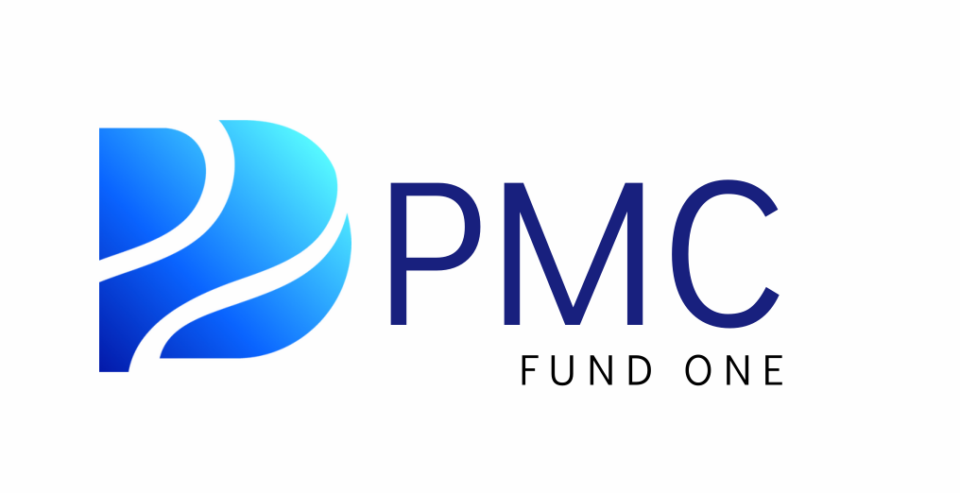Invest

High Yield Alternative Investment Funds:
Going Above and Beyond Traditional Retirement Options

INVESTMENT SUMMARY
A Mortgage Pool Fund With Liquidity and No Enforced Lockup
FUND OBJECTIVE KEY TERMS
The objective of the PMC Fund One is to provide investors a place to park funds that they prefer to keep relatively liquid, with no lockup or long-term commitment. The Fund is designed to be highly liquid, allowing investors to withdraw their funds anytime within 30 days or less. Fund member investments are secured primarily by California deeds of trust.
THE OPPORTUNITY
The PMC Fund One is designed to provide the capital our firm needs to fund and close real estate loans that we later sell to institutional investors. It is also designed to hold short-term loans that are expected to pay off in less than 90 days. The Fund pays its members annualized returns of up to 9% depending on the amount invested.
INVESTMENT STRATEGY
The PMC Fund One allows PMC to close and sell more loans and meet the growing demand for its loan products. The Fund acts like a warehouse line of credit, which we clear every two-three weeks. The PMC Fund One capital is only used to fund loans for which we have a ready buyer commitment or are super short-term in duration. The Fund is not intended to be a portfolio lender. The only assets of the Fund are cash and real estate-secured loans.
Introductory Special
Minimum Investment: $100,000
Fixed Investor Return:
- $100,000-$500,000, pays 8%
- $500,000-$1,000,000, pays 8.5%
- $1,000,000 +, pays 9%
Loan Asset Criteria:
- Primarily 1st Position Notes
- Primarily SFR 1-4
- Multi-Unit Residential Properties
Distributions: Quarterly
FUND MANAGEMENT BY

MANAGEMENT
Frequently Asked Questions:
What is the opportunity?
- A fund that pays you 8.0 – 9.0% on your idle capital
- Redeem your money at any time (typically within 30 days)
- No lockup period or penalties for early withdrawal enforced
- Secured by real estate deeds of trust
What is the purpose of the fund?
PMC Fund One provides the capital our firm needs to close real estate loans with short durations (e.g. less than 6 months) or loans that we sell to institutional investors. The PMC Fund One allows PMC to close and sell more loans and meet the growing demand for its loan products. Loans are sold, often in tranches, on average every other week.
How are investors paid?
Investors are paid a flat interest rate of interest, based on the amount of their investment currently ranging from 8.0% – 9.0% per annum, on capital invested. Interest payments are made quarterly.
How is investor capital secured?
The PMC Fund is the lender on all loans that it funds. It owns the notes. The only assets of the Fund are cash or real estate-secured loans. The PMC Fund One capital is used for no other purpose. Loans identified for sale are typically not held longer than 30 days.
What if I need some or all of my money back?
Since the Fund’s capital is used to fund short-duration loans and loans which it then sells, the Fund is highly liquid. Loans are sold in tranches, on average 2-3 times per month. The capital in the Fund is often revolved 2X per month. Redemption requests are processed monthly, generally within days. No lockup period for the fund will be enforced.
Why aren’t you sharing any of the profits above the rate you are paying investors?
PMC Fund One, LLC Fund is not designed to make a substantial profit. Any fees or interest earned by the fund, above and beyond the interest paid to its investors, is used to pay the expenses of the fund (administration, accounting, tax returns).
The Private Placement Memorandum mentions limitations on withdrawal before 12 months?
All private placements of this type generally have language in their documentation that provides for a minimum period of 12 months prior to the request for withdrawal. However, we have no penalties for early withdrawal. This fund is specifically intended to be a place where qualified investors can deposit their liquid funds to earn above-market returns, with no restrictions placed on withdrawal.
How much can I invest?
The minimum investment is $100,000. You may add to your investment at any time. You may open additional accounts if you wish to invest through multiple sources.
How do I invest?
PMC Fund One, LLC is a private placement, following the best practices of traditional mortgage pool funds but without an enforced lockup period. The legal documents for the Fund were created by the Geraci Law Firm, the leading and preeminent law firm representing the alternative mortgage lending industry. To invest, you will review the Fund’s Private Placement Memorandum and fill out a Subscription Agreement. Your initial investment will be deposited into the Fund’s Subscription Account at Wells Fargo Bank. Within a short period of time, likely a week or less, your investment will be transferred as needed into the Fund’s general Operating Account where it will begin earning interest immediately. Once your money is activated and used by the Fund, it will continue to bear interest from that point forward until redemption.